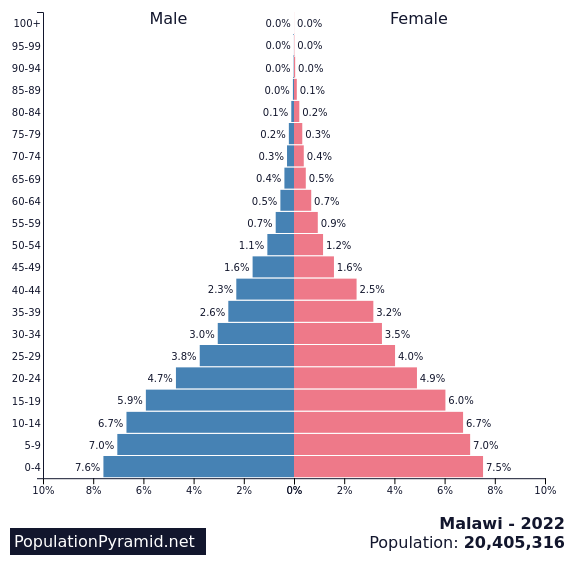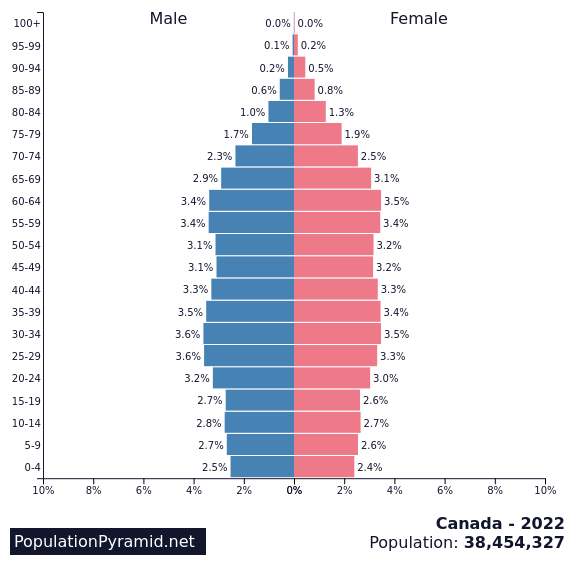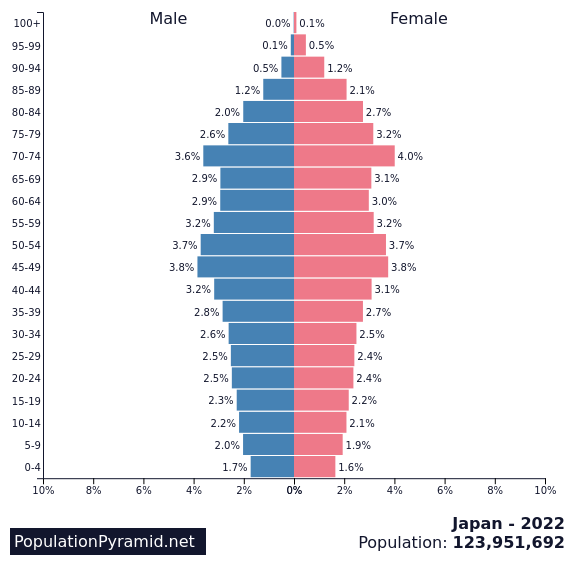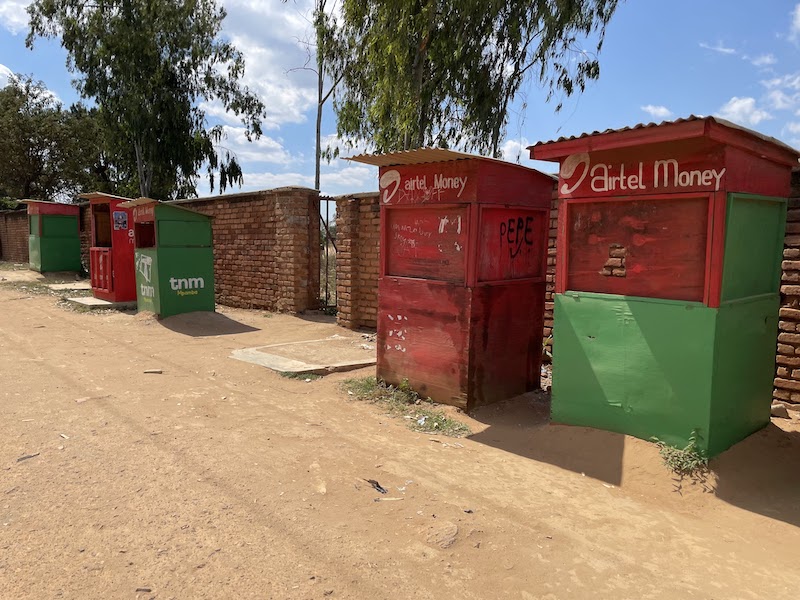It's International Literacy Day. As an ICT Advisor at a Malawian local organization, I'd like to review the state of digital literacy in Malawi. An important context here is that, as the Digital 2023: Malawi reported, the country's internet penetration, and digital literacy inherently, stays very low, and the urgency let the Government of Malawi implement the Digital Malawi Program to accelerate the country's digital transformation.
But, what does the reality—an actual state of digitalization in the country—look like? What do all the data and development activities mean to Malawian's daily life and future? How digitally literate are they? What's digital literacy for them, after all?
TL;DR
- In Malawi, access to the basic IT necessities such as computers, the internet, and smartphones is still very much under development, and hence it's not trivial for their young- and rural-centered population to talk about digital literacy.
- Even if people do have access to digital tools, their knowledge and skills are usually basic and very limited, compared to my Western view of being digitally literate.
- Businesses rarely talk about (and hardly know how to implement) cloud, data, security, or privacy. Clearly far from AI, Blockchain, or AR/VR. Their interests are similar to what I saw 10 years ago in Japan and the US, such as the use of smartphone applications and social media, or computer-driven mechanization in some sectors. The role of digital literacy in this context is to empower Malawians, especially young people, for the country's bright future, before things become too late.
- That said, what being digitally literate means also depends on cultural traditions, work environment, and local regulations. It's still too early to make a judgment and say how it should be.
To begin with, we should better understand who are the "people" we are talking about, in terms of population statistics.
Population
Malawi, one of the poorest counties in the world1, can be characterized by its young- and rural-oriented population statistics. Let's take a quick look at how its 2022 numbers differ from Canada, where I hold permanent residency, as well as my home country, Japan.
| Country | Population | Median Age | Population Change (vs. 2021) | Rural Population2 |
|---|---|---|---|---|
| Malawi |  |
17.2 | +2.59% | 82% |
| Canada |  |
40.6 | +1.84% | 18% |
| Japan |  |
49.1 | -0.44% | 8% |
I see hope in these numbers.
The Malawian population statistics immediately make me think of the country's future, whereas developed countries like Canada and Japan look very much "done" and need more data points (e.g., immigration, economy) to comment; I wouldn't say the former is simpler, but the large pie of marginalized and vulnerable population indicates the fundamental needs for basic infrastructure such as utilities and internet, which can be addressed in a relatively straightforward way if planned, collaborated, and executed properly in the context of global development.
As for the internet, in particular, half of the population in Malawi is under 18, and the fact implies enormous potential for empowering the country's economy if the young people are equipped with digital skills similar to the global Gen Z (or Millennial) population. Or, what if the massive rural population becomes able to access internet technologies? As highlighted in Blockchain Chicken Farm: And Other Stories of Tech in China's Countryside, the technology brings economic opportunities even if the beneficiaries do not exactly know what's going on behind the scenes.
These are the powers of technology I believe in, and at the same time, these are the dangers I'm afraid of. On the one hand, if the country's low internet penetration rate is addressed by the equitable, scalable, and sustainable distribution of information technology, there will be a lot of new opportunities across the country ranging from business to education. On the other hand, if the development didn't happen ethically, the use of technology simply surfaces the form of exploitation. That's why digital literacy matters, not just for technologists but for everyone in the world, so that each user can make a mindful choice against technology-based solutions.
Computers and the Internet
Having said that, people in Malawi do not always have instant access to computers and the internet, and the reality is a few steps away from talking about literacy, in my view. Of course, computers are expensive, and it is not affordable if your monthly income is less than 100USD/month3 or do not have a credit card4. Meanwhile, Malawi's agriculture-centered labor market5 won't have a strong motivation (i.e., incentive) for digitization.
If you are privileged and do have your own (or shared) computer, that's when you start making sense of what digital literacy is. Sadly though, for computer users I've interacted with in Malawi, I have a feeling that there aren't enough opportunities to learn the practical use of digital tools; even for young people working professionally in businesses, going beyond the minimum literacy (e.g., typing, browsing, using pre-installed applications and the Office software) seems to be challenging, which reminds my 50- to 60-something parents. I wouldn't call it "digitally literate" because people are still being used by a tool, in the situation, rather than using a tool.
On the infrastructure side, while a 4G mobile network is widely available, public WiFi hotspots and Ethernet cables are rare. Even in urban areas like Lilongwe and Mzuzu, a limited number of lodges and cafes offer a free WiFi access point, and there is usually no shared WiFi at offices or public spaces. The limitation naturally restricts the general public's usage of digital devices.
As a workaround, there is a cafe in my neighborhood that offers a prepaid WiFi service for less than a dollar, which gives you a one-time ID and password valid for an hour or so. I probably need to visit these places to make download/upload operations such as software installation, updates, and backup.

Or, a public library has a minimum free WiFi service, and we simply need to pay 10 cents for a one-day use.

In short, before being ready to discuss what to do with the technologies, there are fundamental gaps we need to fill in Malawi.
Mobile phones
Speaking of mobile networks, there are two large operators, Airtel and TNM. One of the Airtel plans I'm using is about 24 USD per month for 65GB, and I keep using my iPhone's personal hotspot to connect my laptop to the internet. For work and personal reading, listening, and writing activities, the data volume would be sufficient. But it'll be a different story if you want to enjoy video streaming services, for example6.
Furthermore, smartphones are something not everyone can afford or use effectively. Many people own feature phones for calling, but smartphones are still an extra, especially in small communities and villages. Consequently, the combination of low device and internet accessibility hinders Malawians from having an opportunity to become digitally literate.
It should be noted that Apple products are rare to find here in Malawi, and Windows laptops and Android phones are the majority. I asked one of the colleagues who owns an iPhone where they bought it, and they said "at an electronics store in a big city, but I'm not sure if this is a true Apple product, TBH." Fingers crossed not damage my iPhone, iPad mini, Apple Watch, and MacBook Pro; although I purchased asset insurance before the departure, it'll take forever to find an alternative if anything happens.
Meanwhile, like many other countries, mobile payment has been implemented uniquely. Pretty much in every community I've ever seen, I find a bunch of Airtel Money agents, where you bring cash to the people inside the boxes below, and a registered agent helps you to transfer (withdraw) the amount to (from) your digital wallet.

Your Airtel Money account eventually works almost like a bank account, and the "digitized money" allows you to make a cashless payment at participating businesses such as restaurants, bars, grocery stores, and utility bills. Not to mention everyone's financial literacy is yet to be caught up.
Check out "8 Most Useful Mobile Apps in Malawi" for further explanation of the digital finance tool, as well as its competing service, TNM Mpamba.
Social media and online services
Another major benefit internet and smartphone users can enjoy the most is social media, which is dominated by Facebook in Malawi as listed in the "8 Most Useful Mobile Apps" article linked above.
Importantly, as far as I can observe, there hasn't been much of a conversation about the harm of these services, and there is no general data protection law in the country yet7. Online ads and personalized content are still "irrelevant" ideas in their world, where social media is playing a crucial role as a basic infrastructure rather than a revenue-generating nice-to-have tool. Nevertheless, I strongly believe the topic must gain greater awareness sooner rather than later, especially considering the young population in the country8. It's the foundation of digital literacy, after all.
How about other global big service providers? For instance, when I introduce myself as a former Amazon engineer, they likely don't recognize who they are. Sometimes I receive a reaction like "Ah, the retail giant," but I simultaneously get a sense that the response implies "They aren't relevant to us, so I don't know that much." Meanwhile, Netflix navigates me to https://netflix.com/mw/, so they are indeed available here. However, one of the Malawian friends told me that the biggest hurdle for them is to pay their monthly subscription fee due to inaccessibility to a solid credit card accepted by the service's payment system.
For day-to-day business/personal communications, WhatsApp is the standard, and it reminds me of my past experiences in Southeast Asia and South America. Although many people do have email addresses, you shouldn't expect an organized, structured conversation through the channel. It's usually better to just make a direct conversation or WhatsApp call.
Nobody seriously reads your email or longer WhatsApp messages—which I personally feel a strong discomfort and hope to be seriously treated as an essential part of digital, business, and communication literacy. However, at the same time, it's probably a part of cultural differences, and it suggests that the definition of being digitally literate could differ depending on the context. Digitally literacy is about far more than reading and writing, and a required set of basic skills and knowledge largely varies depending on the type of work, cultural traditions, local laws and regulations, etc.
What the data doesn't tell
From population to internet to social media, the aspects covered by the Digital 2023: Malawi report have revealed many discussion points about Malawian's digital literacy. Yet, the data presented in the report only tells one side of the story. Since data-driven insights are derived by people working in a certain context under a specific objective, these are just one of many ways to view the world and do not always represent reality. Thus, it is crucial for me to deeply understand the country's state of digitization not only through the facts but also through experiences (i.e., field study).
We say the country's internet penetration is low, but is it uniformly low across the country? How serious is the gap between urban and rural areas? How are the young people actually spending their time in Malawi, both digitally and physically? There is a lot of information that the data and stereotypes don't tell, and it reminds me of a Nigerian writer Chimamanda Ngozi Adichie's TED talk "The danger of a single story."
These are the things I'd like to figure out throughout the assignment, and in this post, I briefly highlighted what I've witnessed for the first one and a half months. But, my experience in Malawi is still very limited, and hence I'll revisit the conversation regularly. For reference, I've only visited five districts out of 28, among three regions in Malawi, and most of them were bigger communities in the Northern region; I must admit that my current perception of the country can be biased by the regional characteristics, and the use of general subjects like "Malawians" and "the country" is probably an oversimplification of the reality.
1. According to World Population Review's Poorest Countries in the World 2023 based on the IMF and World Bank data, Malawi is the 10th poorest country in the world in terms of purchasing power parity (PPP). ↩
2. The World Bank defines the rural population indicator as "people living in rural areas as defined by national statistical offices. It is calculated as the difference between total population and urban population," and noted that "there is no universal standard for distinguishing rural from urban areas, and any urban-rural dichotomy is an oversimplification." I'd like to echo the disclaimer. ↩
3. As of 2023, Malawi's monthly minimum wage is 50,000 Malawian Kwacha (approx. 50 USD) both in rural and urban areas. Although the rate changes daily, 1 USD = 1,000 Malawian Kwacha is usually a reasonable estimate. I keep using the rate throughout this article. ↩
4. Not many people have a credit card, and one dataset reports it's <1%. ↩
5. As of 2021, "around 59% of employed women and 44% of employed men were working in agriculture, which is the largest employment sector in Malawi", according to a publication from World Bank. Employment in agriculture is on a downward trend though. ↩
6. It is actually healthy because the situation demotivates me to waste personal time on the abundant digital content. ↩
7. Even though the Constitution of Malawi discusses privacy and there are relevant Act and Bill issued in the past, there is currently no general data protection law. Reference: Data Guidance - Malawi. ↩
8. Otherwise, the country follows what the Western nations experienced, and "The Social Dilemma" warned. ↩This article is part of the series: Digital Malawi: Developing Hope in the Information Age
Support
Gift a cup of coffeeShare
Categories
Data & Algorithms Life & Reflection Society & Business
See also
- 2024-05-27
- Materializing Digital Transformation
- 2024-01-31
- Relativize Malawi, and Rethink Their Contexts
- 2023-08-23
- Starting Field Study on How Information Flows in Malawi
Last updated: 2023-09-08
Author: Takuya Kitazawa
I am an independent consultant, mentor, and advocate for sustainable technology development with a decade of experience in AI/ML products, data systems, and digital transformation. Based in Canada and originally from Japan, I have lived and worked globally, including part-time residence in Malawi, Africa. See CV for more information, or contact at [email protected].
NowDisclaimer
- Opinions are my own and do not represent the views of organizations I am/was belonging to.
- I am doing my best to ensure the accuracy and fair use of the information. However, there might be some errors, outdated information, or biased subjective statements because the main purpose of this blog is to jot down my personal thoughts as soon as possible before conducting an extensive investigation. Visitors understand the limitations and rely on any information at their own risk.
- That said, if there is any issue with the content, please contact me so I can take the necessary action.